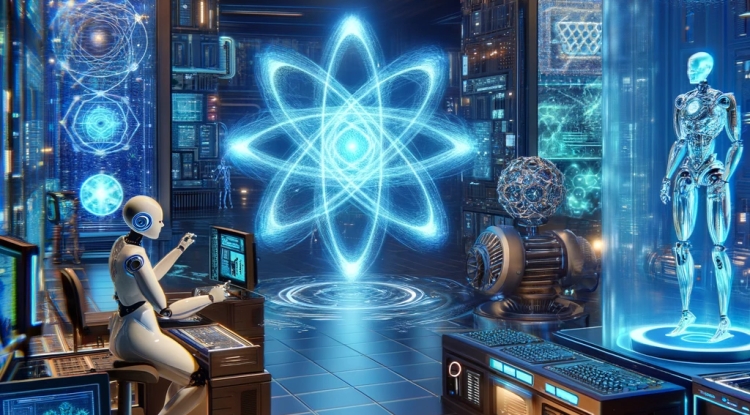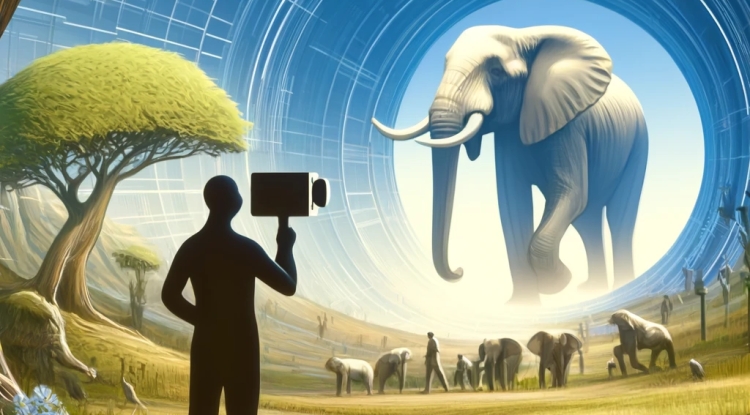From Ancient Rituals to Modern Elegance The Enchanting Journey of Perfume
Explore the captivating evolution of perfume, from its ancient origins in religious ceremonies and personal adornment to its status as a modern-day symbol of fashion and personal expression. This journey through time reveals how fragrance has intertwined with culture, technology, and art to become an indispensable part of human history and personal identity

Ancient Egypt: The Beginning of Fragrance
The history of perfume dates back to Ancient Egypt around 2000 BC. Egyptians produced various scented oils and balms for daily life and for use in the afterlife. These concoctions were utilized in religious ceremonies, funeral rites, and even mummification processes. In Ancient Egypt, perfume was both an offering to the gods and a symbol of personal cleanliness and allure.
Ancient Greece and Rome: The Art of Perfume
In Ancient Greece and Rome, perfume became a symbol of social status and wealth. It was an essential part of bathing rituals, with bodies, clothes, and even hair adorned with fragrant oils. The Greeks viewed the making of perfume as an art form, becoming one of the first civilizations with extensive knowledge on the subject. The Romans expanded this tradition, using perfume in public baths, massages, and bedrooms.
Middle Ages and Renaissance: The Rediscovery of Perfume
In Medieval Europe, perfume continued to be used mainly in religious ceremonies. However, with the Renaissance, perfume once again became a part of personal adornment and hygiene. The expansion of trade routes brought new spices, flowers, and scented oils to Europe, leading to more sophisticated perfume-making techniques.
18th and 19th Centuries: The Birth of the Perfume Industry
In the 18th century, France became the center of the perfume industry, with the city of Grasse earning fame as the perfume capital of the world. The perfumes produced here were highly prized by the European aristocracy. The 19th century saw the transformation of perfume making with the advancement of chemical science, allowing the use of synthetic materials and mass production, making perfume accessible to wider audiences.
20th Century and Today: The Globalization of Perfume
In the 20th century, the perfume industry underwent significant transformation, becoming a global phenomenon. Celebrity-named perfumes and exclusive collections from major fashion houses expanded the perfume market. Today, perfume is an indispensable accessory for both men and women, serving as a means of fashion and personal expression. The combination of technology and art continues to make perfume making innovative and appealing.
Though perfume has evolved throughout human history, the allure of fragrance and its power over emotions remains unchanged. From the past to the present, perfume has been more than just an adornment; it serves as a tool for storytelling, expressing cultural identities, and commemorating emotional moments.
What's Your Reaction?




















